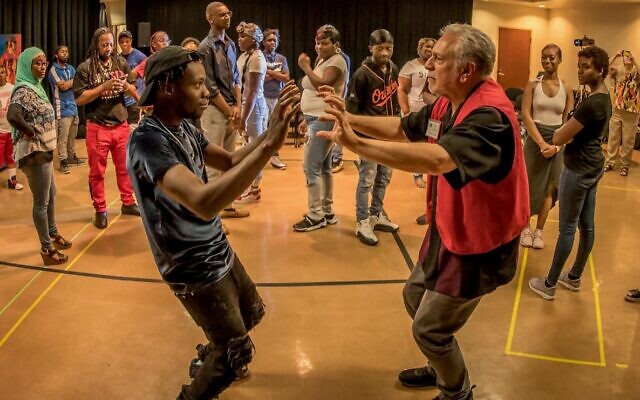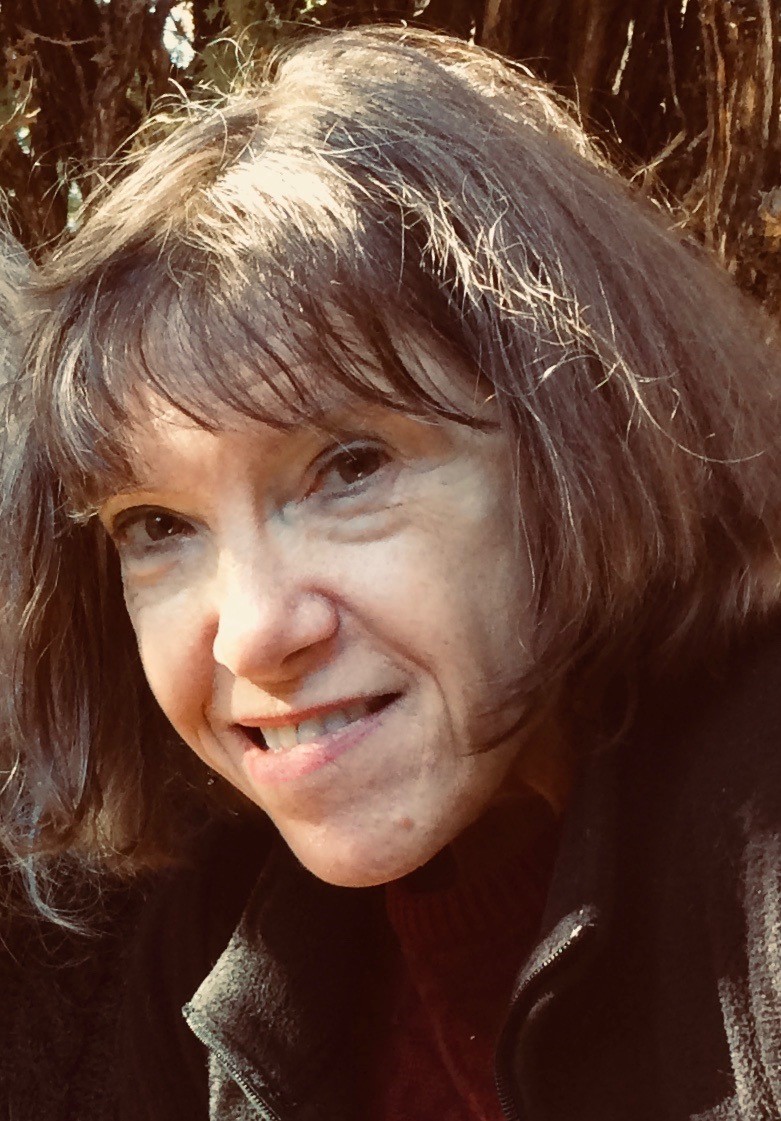Curtain Up! Anxiety Down!
Therapist Murray Dabby, along with theater director Lesly Fredman, provide play therapy to adults and adolescents.

Play can be a powerful therapeutic tool – for adults as well as for children. According to Murray Dabby, a licensed clinical social worker and psychotherapist, relationship coach and director of The Atlanta Center for Social Therapy, “play can be a really transformative activity” for adults and adolescents.
When it comes to children, play therapy is a common type of therapy that is “a medium that can help kids have a way of expressing themselves through play, through symbolism, and when they can’t fully express what’s going on for them, play can be a useful medium for communication.” Though Dabby does some work with young children, most of his play therapy is done with teenagers and adults.
He uses improv, in particular, as a method to encourage play among adults, especially those with social anxiety. Dabby says it can be greatly therapeutic.
“Improv is a wonderful vehicle for change,” he said. “Its value is that it helps to free oneself from the critical voices we can have in our heads.”
According to Dabby, the mechanisms and effects of improv have a lot of benefits for adults who have trouble socializing. Doing improv with a group of people who have anxiety in common pushes them into fun situations where they can make mistakes and let go of internal judgmentalism and criticism that “can rob especially adolescents, as well as adults, of spontaneity,” he said. Improv also frees people from the idea of potential failure; when somebody in the group makes a mistake, it is celebrated by the group. Dabby says this helps people overcome the fear of being shamed.
“A lot of times young people are worried about saying the right thing in groups, not looking silly, worried about being made fun of,” he said. Improv allows both teens and adults with social anxiety to let go of this and discover their inner creativity and enhance the way they relate to themselves. “People with social anxiety will suddenly discover, ‘oh I have a voice, I can say things spontaneously and people enjoy it, people applaud, build on what I’m saying.’”
He said that with the rise of social media, people can more easily look at others’ lives and compare themselves to what they’re seeing online. “People will often present their best selves, their funniest selves, the sides of themselves that are successes. And people get a distorted sense of what people’s lives are like,” he said. “There’s a lot of feeling badly, feeling ashamed, comparing oneself to what you see in the media. Indeed, I think it can be a very painful thing for a lot of people to live their lives through that, as many people do.”
Along with teen and adult groups, Dabby does one-on-one counseling and couples’ therapy. “I think playing together is important; being able to play with conversation and move out of criticism into listening and learning. I try to use those principles in doing couples work,” he said. “One of the rules of improv is it helps people to listen better to your partner. A rule of improv is you have to make your partner look good, and you have to listen to what they’re saying.”
For adults, there are 12-week-long improv therapy classes. He described one of his clients who was very introverted, socially anxious and self-conscious because of his body. He came to the class because he wanted to be able to dance at his brother’s wedding. “He was able to not only dance [at the wedding] but started dancing in a regular way and going to dances,” Dabby said. “In the 12 weeks there isn’t a person who hasn’t been shifted, changed or totally transformed by that experience. I’m kind of amazed by it; I didn’t expect it to be as powerful a medium as it has been.”
Dabby also runs a nonprofit program called Atlanta All Stars Talent Show Network, which uses performance to help young people in underserved communities work on developing confidence and leadership skills.
Dabby began doing improv himself in the mid-90s and recognized how it strengthened his public speaking skills. He began to run explicitly improv therapy groups called Curtain UP! Anxiety DOWN! in the last few years, including with creativity coach and manager of Theatre on the Prowl Lesly Fredman.

“Everything plays. I just read an article about how animals play. It seems that’s just a natural instinct. It’s a way that we become social. It’s a way that our brains can develop. Play is just essential to growth and development.”
She said that she’s found play to be vital, especially considering the stress of the pandemic.
In improv classes, close bonds form between people that allow them to begin to understand they’re not alone in their experiences and take more risks, Fredman said. “In classes, what I have noticed is there’s a generosity that happens; accepting what your partner gives you as a gift. When you’re out in the world and dealing with other people and situations, it’s really helpful to remember that. It’s really helpful to see other people you’re in conversation with as a partner.”
She said one reason some people may fear improv is the idea that you have to be funny, which isn’t the case – scenes can be serious, and humor will organically happen. “People don’t have to force funny. It really is about being really present in that moment. That’s another life lesson: being present with each other.”
Currently, Fredman and Dabby are continuing to run their improv therapy groups for adults over Zoom. Dabby is also involved with an organization called Global Play Brigade, which started in Wuhan, China, in response to the pandemic and offers sessions in every time zone around the world. “We think of it as a world transformative activity, bringing play into people’s homes and people’s lives,” he said.
For more information about play therapy, visit www.atlantasocialtherapy.com/ and www.curtainupanxietydown.com.




comments